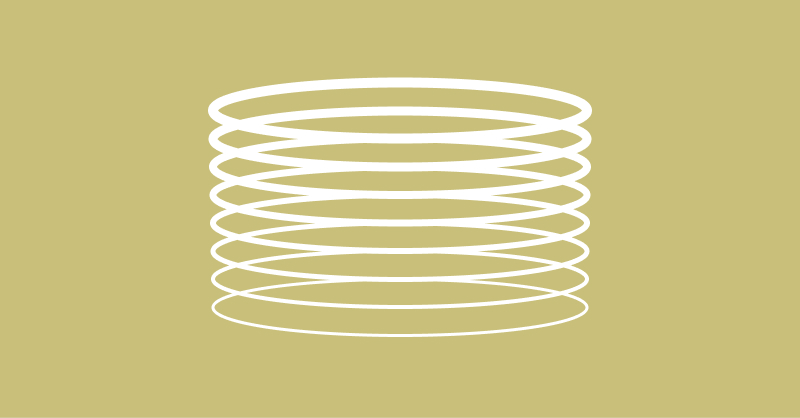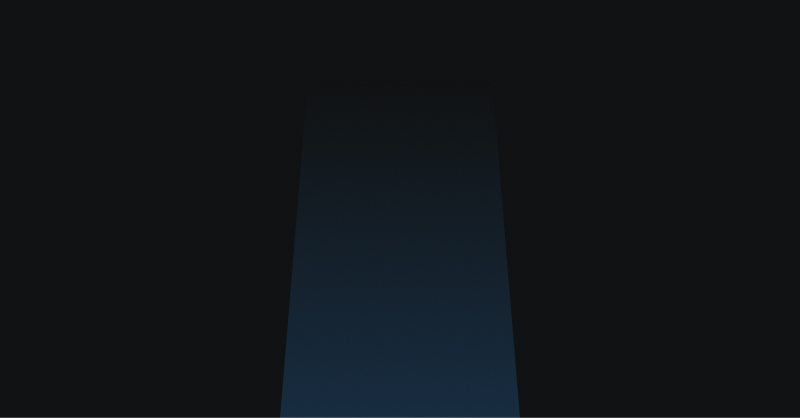BL&T No. 067: Systems, Building Client Trust, Changing Priorities

This post originally appeared in my weekly newsletter, BL&T (Borrowed, Learned, & Thought). Subscribe
Borrowed
"A common trait [of] trusted advisor relationships is that the advisor places a higher value on maintaining and preserving the relationship itself than on the outcomes of the current transaction, financial and otherwise."
From "The Trusted Advisor" by David H. Maister, Charles H. Green, Robert M. Galford [Book]
Learned
It was great to get back to full throttle last week. Despite my lacking smell and taste, I'm feeling the positive momentum and ready to close out the year on a high note.
What makes a good mechanic?
When you take your car into the shop because the brakes are noisy, a good mechanic will give your entire car a once over. Their goal is to make sure that everything is up to snuff. If it's not and they fix it, you're better off, and they make more money. Everyone wins.
You may not be thrilled to have spent more money, but if you ran into an issue days later, you'd wonder why the mechanic didn't say anything. The last thing you'd want to hear is: "You came in with brake issues; we didn't look to see your car was leaking oil."
One of the reasons a good mechanic doesn't have tunnel vision is that they have a system and a checklist. Whether it's in their head or on paper, they make sure your car leaves in better shape than it came in. The partners and I were chatting about this last week and the parallels to our work.
We have several clients that we work with on retainer and others on an ad-hoc basis. In some cases, we're the mechanics. We come in to fix issues and improve performance. In that way, there's a huge opportunity to build new systems and empower the team with checklists. How often does a website need an oil change? Why isn't the website converting at a higher rate? What happens when a client's site slows down? What other updates would keep it running smoothly?
We have to remember that, like a mechanic, our team's focus is fixing the problem and getting the work done well. Without a system to encourage a holistic view, we can't always expect them to identify other issues. The beauty of systems is that, in time, any mechanic can become a great mechanic with enough reps. They learn what to look for, and soon, it's second nature. As leadership, our job is to give them the tools to go from good to great.
I'm excited to pursue this further with the partners in the coming months. If done right, it can be an incredible way to train the team, increase value for our clients, and in the end, grow accounts.
Building Client Trust Early
Over the years, one thing has never changed: the more a client trusts you, the easier it is to collaborate. I'm not claiming that this is new or unique to the agency world. But as much as it may seem like a no-brainer, it's easy to forget in practice.
For example, when a prospective client is itching to get started, there's unsaid pressure to get a proposal out the door right away. A few months ago, we noticed ourselves falling into this trap. We'd have a call, buckle down to scope the work then present our approach. Sometimes, we'd get lucky and win, but if we didn't, it didn't feel like we were putting our best foot forward. Rather than act under pressure, we decided to slow down and found that clients were more than willing to slow down with us.
These days, we take the time to get to know the client through anywhere from one to a few workshops. We find that the more time we spend together, the greater our trust grows. We dig into their story, align on vision, walk through their current operations, discuss challenges, and so on. It's also an opportunity to include members of our team who will work on the project.
I've been a part of these workshops lately, but last week was the first in a while where I've been in every conversation leading up. It was exciting to see the enthusiasm from the client, remarking on how it felt like we were partnering up, and yet, there was no transaction involved. Not only did we leave the call with a deeper understanding of their business, but we got a sense of how our future collaboration might look. There's no guarantee we'll win the work, but in my book, the connection we've made is a win in and of itself.
On My Mind: Changing Priorities
Starting in 2022, I'm excited to shift focus and re-prioritize where I spend my time. When I look back to the latter half of this year, my top priority has been the team.
When I wasn't coaching my direct reports or involved in projects, I spent my time in the following areas:
- Helping grow and create a vision for my team
- Rethinking employee onboarding
- Building our first-ever management training program
- Leveling up monthly team meetings
- Creating a dialogue around Barrel Values and Maxims
I look at this as foundational work to promote leadership within our team, enhance our culture, and strengthen our management practice. It's been a wild year navigating the transition to remote work, and in my (biased) opinion, I believe that these initiatives will continue to set us on a positive course.
All that said, I'm ready for what's next. Peter, Barrel CEO, and I were chatting on Friday and agreed that focusing on these activities will likely result in diminishing returns. Essentially, the same or added effort will no longer have the same benefits.
At a high level, the opportunity lies within the work. What services can we design to create more value for our clients? Where can we go deeper? How can we set the team up to succeed and achieve great results? My goal is to keep the spirit of this year's initiatives alive while creating space to answer these questions. I'm excited to collaborate with Peter on these areas and can't wait to see what we accomplish next.
Thought Starter
Where are my efforts no longer yielding the same results? What value could I bring elsewhere?








